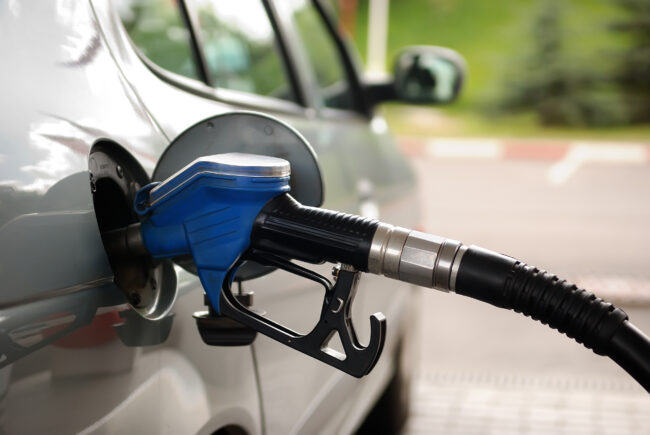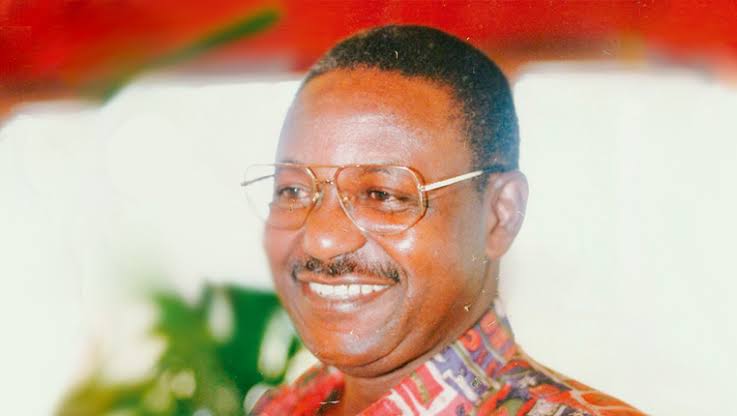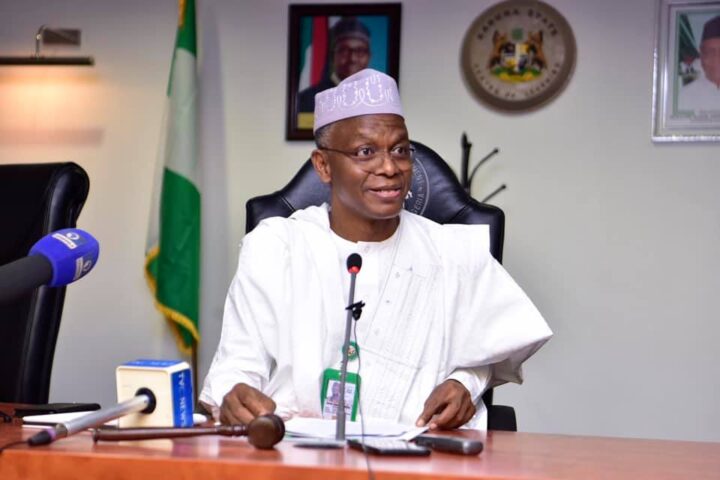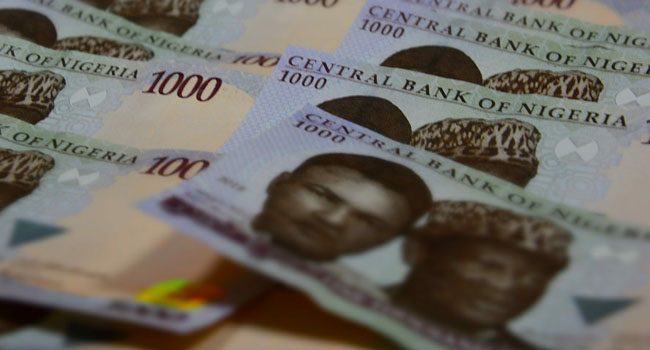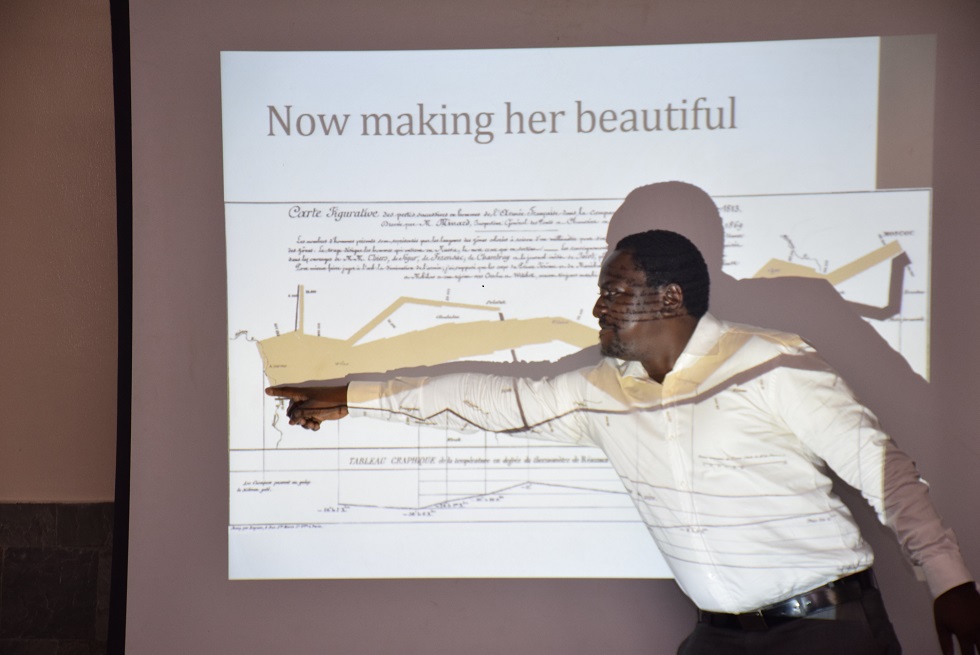BY CLEMENT CHISOM JOHN
According to the World Data Lab 2022, of the total 216.7 million Nigerians, 32 percent live in extreme poverty. More than half of the extremely poor Nigerian, precisely 53 percent of the extremely poor live in rural areas where the deprivation of access to basic social infrastructure such as access to reliable electricity in communities, public institutions schools, hospitals, agro-processing, etc is at its highest. According to the World Bank, only 57 percent of Nigeria’s population in 2021 have access to grid electricity. Forty-three percent of Nigerians do not have access to grid electricity most of whom are in rural areas. This makes Nigeria the country with the largest energy access deficit in the world.
The lack of reliable power is a significant constraint for the economy’s growth and development as citizens and businesses in Nigeria experience an annual economic loss estimated at $26.2 billion annual as a result of poor electricity access. The functionality of basic public services and utilities such as better health services, access to water, education, and agriculture, is dependent on their access to steady electricity. Energy access has the potential to remove households from poverty. Access to electricity has a beneficial and considerable impact on household consumption per capita, increasing energy consumption leads to a decline in the poverty level.
However, connection to the electricity network does not imply actual access to the electricity supply in a reliable way. The 57 percent of Nigerians connected to the national electricity grid are largely met with poor unreliable electricity supply. This shortcoming is because the current grid generation capacity is about 4,500 megawatts (as against an installed capacity of 12,000 megawatts).
Advertisement
Whereas total demand stands at around 35,000 to 40,000 megawatts. More than 80 percent of the actual power needs of on-grid consumers are met by using expensive diesel and petrol-fuelled backup generators. Given the poor grid access, over 22 million small gasoline generators are being used to power households and small businesses in Nigeria. This is costing domestic and business owners an estimated expense of $14 billion yearly to power 14GW of small-scale diesel and petrol-generating units because of the insufficient availability of electricity.
Nigerian’s informal sector classified as micro, small and medium enterprises (MSMEs) make up 65 percent of the country’s GDP; 80.4 percent of employment is in the informal sector, 98 percent of informal businesses pay taxes, but to non-state recognised actors. Most of the MSMEs identify unreliable electricity as a major challenge to their businesses and are willing to pay for a switch to renewable energy with the right incentive and product guarantee.
The Manufacturers Association of Nigeria (MAN) claimed that 40 percent of the cost of conducting business in Nigeria is related to power generation expenses. These costs are doubling up fast as the fuel pump prices of independent retailers of petrol across the country have adjusted their pump prices to between N185 and over N300 per litre. With the plan to remove the fuel subsidy, the effect on businesses and the population, especially women and youth who already bear the largest burden of energy deficit will be enormous.
Advertisement
Beyond the economic cost of these fossil generators, these generators are harmful to the health of the users causing approximately 1,500 deaths per year from inhaling generator smoke and carbon monoxide; increasing the chances of lung cancer by 70 percent and causing hearing impairment in 2 of 3 users.
To reduce the burden and consequences caused by the poor electricity access in Nigeria, dependence on fossil fuel and the need to create more jobs to curb rising unemployment, and insecurity and boost productivity across sectors, households, businesses, investors and the government (at all levels) need to invest in other alternative sustainable energy sources that guarantee business optimization, reduce production cost, ensure healthy and clean environment like solar energy.
However, the purchase of solar power systems and other renewable energy appliances for Nigerian customers is capital-intensive for both individual customers and businesses. The increasing affordability of renewable energy will mean the provision of access to energy financing for citizens. According to the Central Bank of Nigeria (CBN), the financial inclusion rate in Nigeria has grown up to 64 percent. CBN targets and predicts this figure to increase to 95 percent by 2024. Therefore, by implication, most Nigerian customers served by the banks do not have access to reliable electricity. Financial institutions or governments through the Central Bank of Nigeria (CBN) and other regional international development organisations like ECOWAS and the African Development Bank (ADB) can develop financial mechanisms and institutions that will offer bank customers and small business associations in the region very low cost (single digit) loans to help them access reliable energy technologies.
To increase supply and lower market prices, the federal government through the federal ministry of finance, budget and national planning, should be consistent and committed to ensuring that its revenue-generating agenda is not compromising and destroying private sector efforts. For instance, exorbitant import duties and taxes on renewable energy components is a huge barrier to generating clean jobs, increasing energy access for all, catalysing improved functionality of public utilities and encouraging private sector-led growth.
Advertisement
The office of the presidency should use its executive power to enforce the cutback or removal of the customs import duties on the renewable energy components. This can be done through a quota limit on the free/zero duties on RE components, while also protecting the local production quota and enforcing local knowledge expansion in these technologies.
The renewable energy sector market and projects should be private sector led, not public sector as it currently is. For efficiency and effective growth of the renewable energy sector and speedy access to electricity for all, the private sector should be encouraged by the government with the right policies and regulations that increase energy access for all Nigerians.
Clement Chisom John, a member of the Renewable Energy Association of Nigeria (REAN), can be reached via [email protected]
Advertisement
Views expressed by contributors are strictly personal and not of TheCable.
Add a comment
